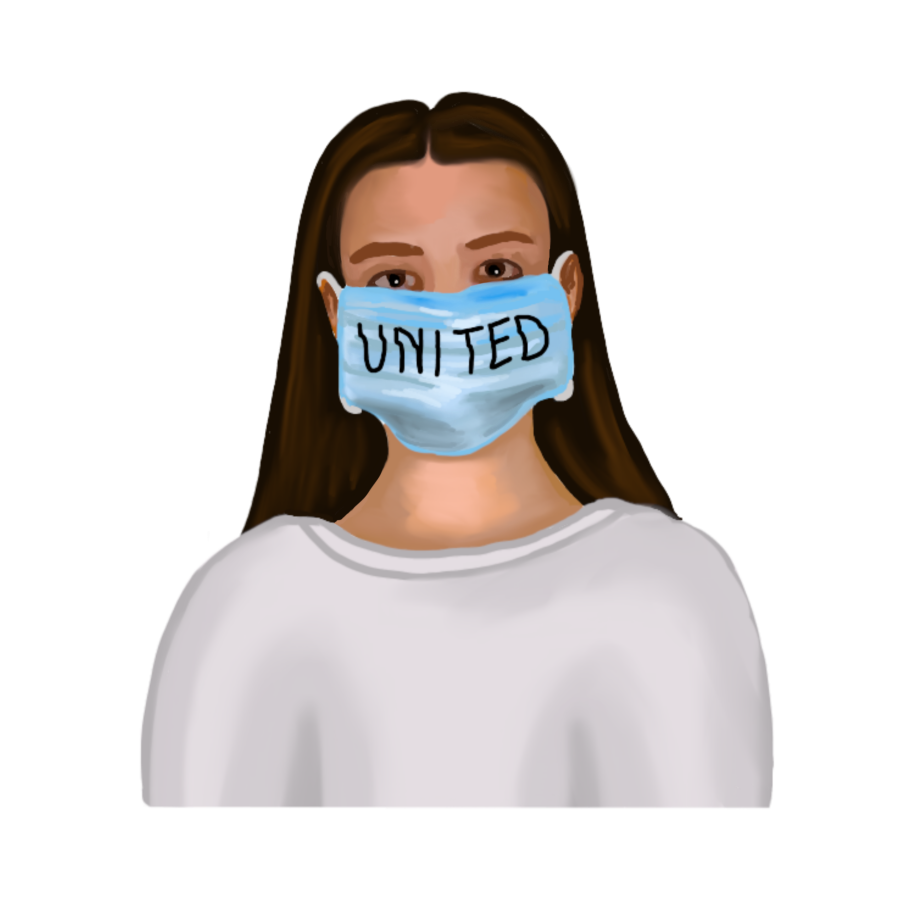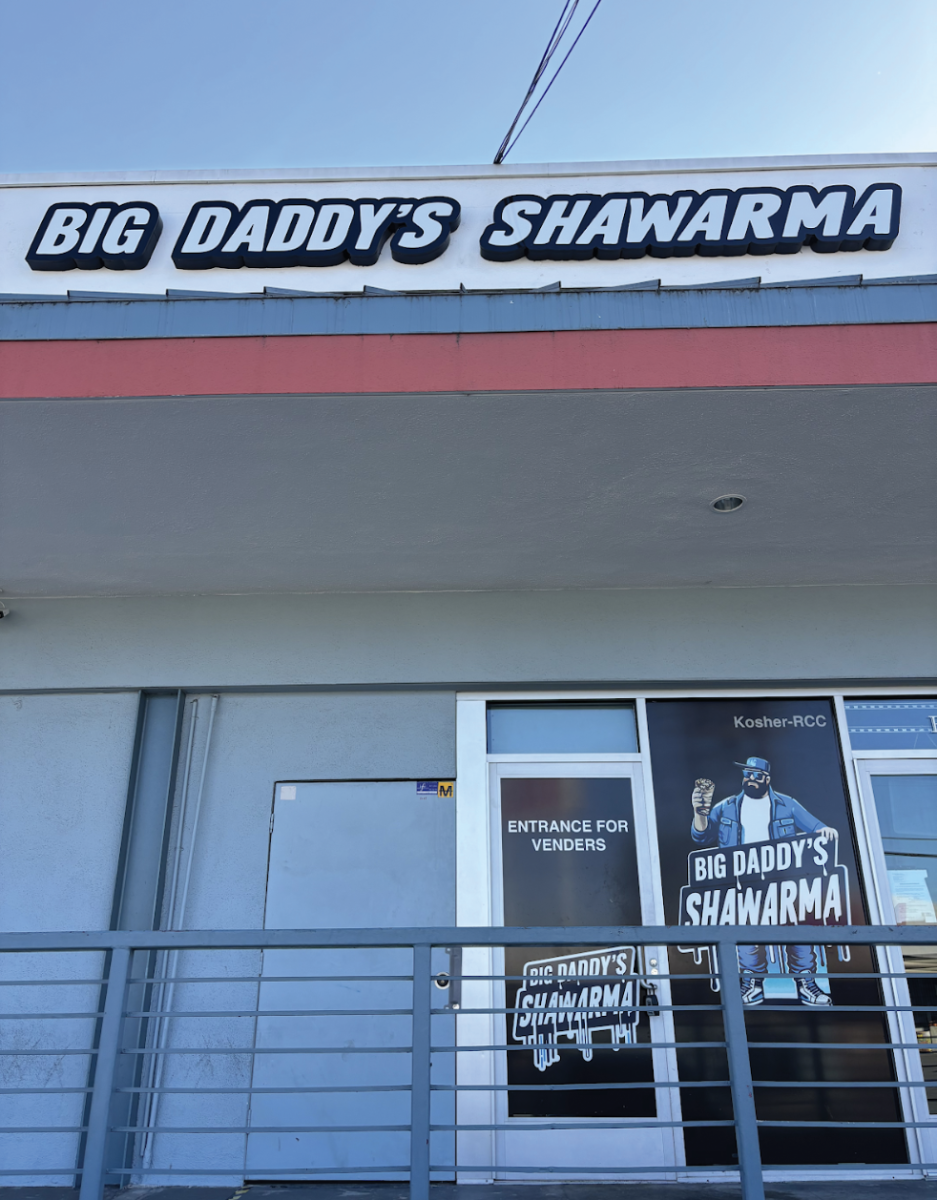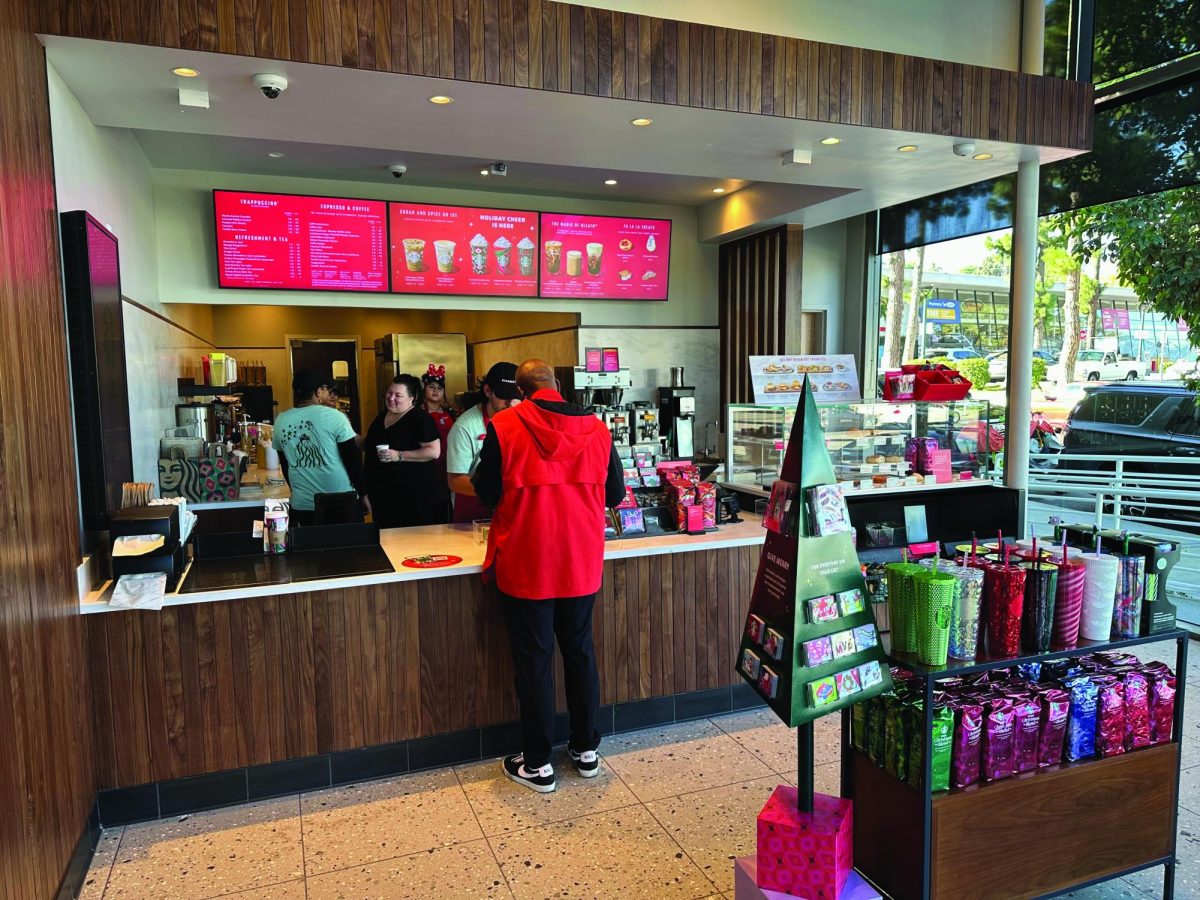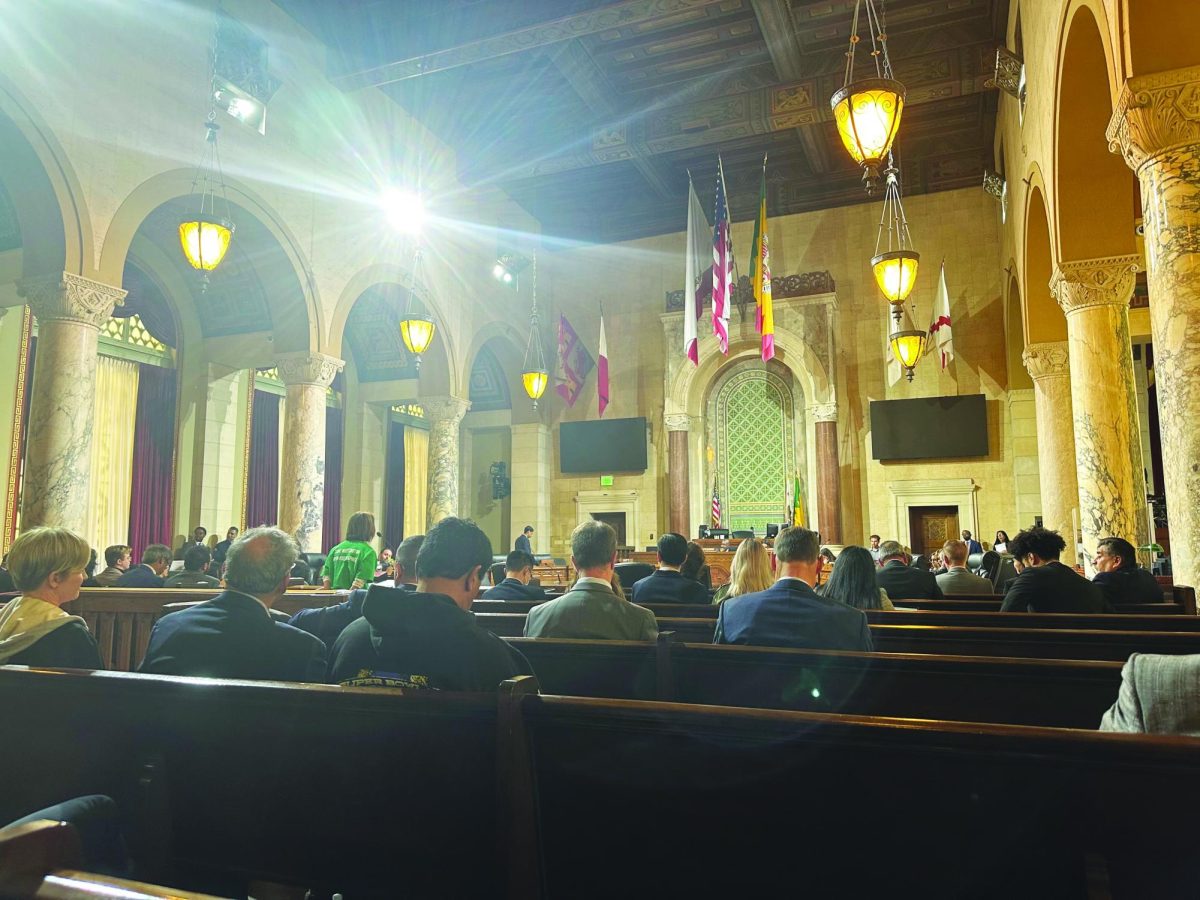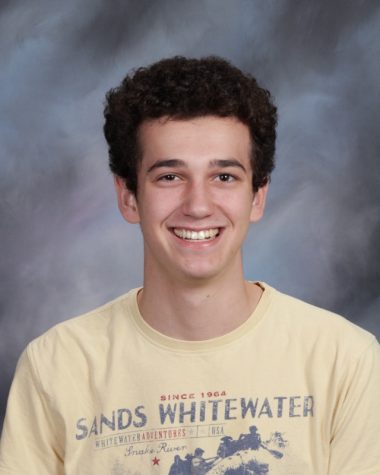Having experienced nearly a 90 percent drop in business, Dove Rose does not know how many clients to expect when she opens her computer for virtual wellness sessions. As a private trainer who began teaching classes at just 15 years old, the North Hollywood-based owner of Dove’s Bodies had to adapt when the threat of coronavirus closures loomed mid-March. She made the preemptive decision to protect her clients’ health and conduct business remotely. Now, she said her home studio has come to feel quite normal.
Studio City business owners adapt to quarantine
“[Online sessions are], dare I say, almost starting to feel routine as opposed to in the beginning where it just felt very surreal and uprooted and unsteady,” Rose said. “Now it has a very nice grounded feeling of what I’m offering my clients, my community, and it’s still growing and building as people are finding their way.”
Using Zoom software, Rose runs private yoga, fitness and life-coaching classes on an optional donation basis. Additionally, Rose launched a project named Dove on Demand, which allows individuals with busy schedules to contact her for sessions whenever they are available. Even in this tumultuous time, Rose said she prioritizes the well-being of anybody who seeks her out, not just those who can pay.
“I’m at home, [and] I’d rather be helping people than watching Netflix,” Rose said. “I’m really excited because to be really honest, I’m also a little lonely, and I could almost cry a little talking about it because I’m scared. There’s a lot of uncertainty in my life and our home and my husband’s career. So to fill this sort of emptiness with seeing people I know and love, and working out or meditating or doing yoga, it’s a gift to me as well. It definitely goes full circle.”
Despite Rose’s positive outlook, small business owners in Studio City have continued to face mounting economic pressure as a result of the quarantine. Carney’s Restaurant owner Bill Wolfe said he saw a 60 percent decline in business due to the mandatory stay-at-home order. To adapt, Wolfe installed a plexiglass barrier at the counter and transferred business to pickup and delivery. Still, the inevitable challenges of these adjustments are tangible, he said.
“It’s very difficult to run the kitchen because you’re getting tablet orders, phone orders and people coming in with orders,” Wolfe said. “There’s a lot going as opposed to people just coming in and ordering and making their food and walking away. It’s much more difficult, but we’re getting pretty good at it.”
Small business owner applies for SBA loan to pay employees
To provide aid for businesses nationwide during the pandemic, Congress passed the Coronavirus Aid, Relief and Economic Security Act (CARES) on March 27. According to NPR, the approximately $2 trillion relief plan allocates funds to different sectors of the economy, with $377 billion allotted to help small businesses. Wolfe said he received funding through a Small Business Administration (SBA) loan, which he put toward his employees’ salaries. He said he is grateful he has not had to make any layoffs.
“Everybody is working, but they have [fewer] hours,” Wolfe said. “They have to live, that’s really important.”
As a private contractor, Rose is in a unique position because she does not have employees who rely on her. She is also in a co-op, so she is not solely responsible for paying building expenses. However, some of her fellow business owners have undergone immense struggles, such as having to furlough staff or close temporarily to prevent financial loss, she said.
“Probably the hardest thing is the responsibility that [employers] feel towards their staff and how much they care for them and not wanting them to suffer,” Rose said. “There’s no profit margin. They’re barely making it themselves and working with their landlords to assist them in paying partial rent, so the devastation is pretty severe.”
When moving forward, she said owners must reflect on the nature of their livelihoods.
“Some [businesses] may not be coming back,” Rose said. “Some I know have already chosen to not return. Some have already chosen to transport their business to a different platform and not go back to the old way. So it’s a definite time of rebirth and re-identification as to what we really want to do in our careers.”
Students, teachers work to provide community with masks
While coronavirus-related closures have affected Studio City business owners, the pandemic also poses health risks to some of the community’s most vulnerable citizens. Evelyn Choi ’21 said awareness of these ensuing hardships inspired her to found a mask-making program, Operation Cover Up, with Cheery Chen ’23 and David Chen ’24. Particularly concerned with the shortage of N95 masks, Choi said the initiative’s main goal is to help doctors and nurses serving on the front lines.
“Many people, including our family members, have looked for masks in stores since the pandemic started, only to find empty shelves,” Choi said. “In addition, the media’s coverage of many hospitals’ struggles to acquire masks for their healthcare workers gave us the idea to make masks for those risking their lives to tend to others.”
Choi and her team sew their masks themselves using High Efficiency Particulate Air (HEPA) bags and polypropylene to ensure maximum filtration. After a couple weeks of production, Choi said that she was proud to drop off almost 110 masks at Alcott Rehabilitation Hospital.
Similarly, Head of Communications and Strategic Initiatives Ari Engelberg ’89 spearheaded a project alongside robotics coach and math teacher Andrew Theiss to use the school’s 3D printer to produce a critical component of face shields needed for Los Angeles healthcare workers. Although Theiss said the initiative requires substantial work for less than optimal reward due to the age and condition of the printers, they have forged ahead with their project.
“Even though [the project] is going slow, [Engelberg and I] are both making sure to do our diligence to produce these masks at whatever capacity we can,” Theiss said. “Because it is for the greater good.”
At school, Theiss said he is able to print a face shield headband every 12 hours using back end plastic and that the trials of the mask-making process are well worth the results.
“I am so glad we are making a difference in this community,” Theiss said. “People need personal protective equipment, and the ability to provide that for people speaks so deeply in my heart that I’m moved every time I press that print button of that old printer.”
Students found online educational tutoring programs for youth
While Choi, Theiss and Engelberg have focused on the physical threats of the virus, Hope Shinderman ’21 has concentrated on alleviating the mental effects of social distancing among younger populations. At the beginning of the school closure, she founded Bored of Boredom, a free online educational organization that serves elementary and middle schoolers. Shinderman said that after observing her teachers’ pedagogy during online school, she was inspired to provide the same instruction for those without adequate access. She said that the program uses a multifaceted approach that strives for educational enrichment and technological opportunity.
“As a non-neurotypical student, I recognize how this distance learning can amplify the pre-existing struggles of various people,” Shinderman said. “The effects of the digital divide are more prevalent now because those without access to technology aren’t receiving any education.”
Katarina Cheng ’21, an administrator of the program, which now has approximately 107 volunteers and 215 students, said Bored of Boredom has allowed her to see the underlying beauty in small moments.
“The part of these sessions that brings me the most joy is the excitement that young kids express over learning seemingly simple things,” Cheng said. “I was teaching an introductory Python class with [Yvette Copeland ’21] for a few weeks, and we were explaining ‘if-else’ statements. One third grader started bouncing up and down in his seat when he finally understood the concept and was able to implement it.”
Although Wolfe is hopeful for the future as society slowly begins to reopen, he said it is important to realize the long-term effects of the coronavirus pandemic.
“We’re just going with the flow,” Wolfe said. “Things will keep changing, and we will have to change with it. That’s what it’s all about.”



























